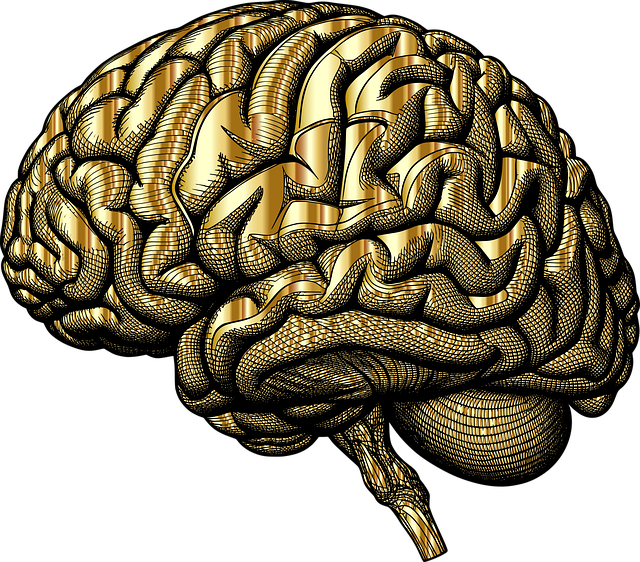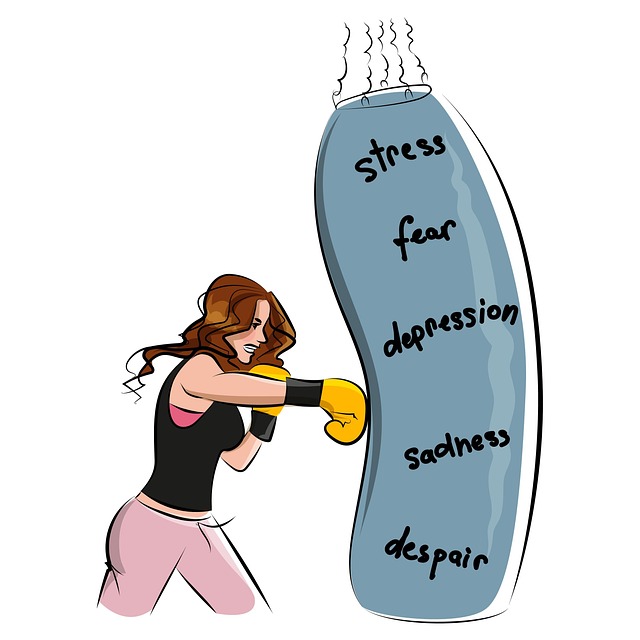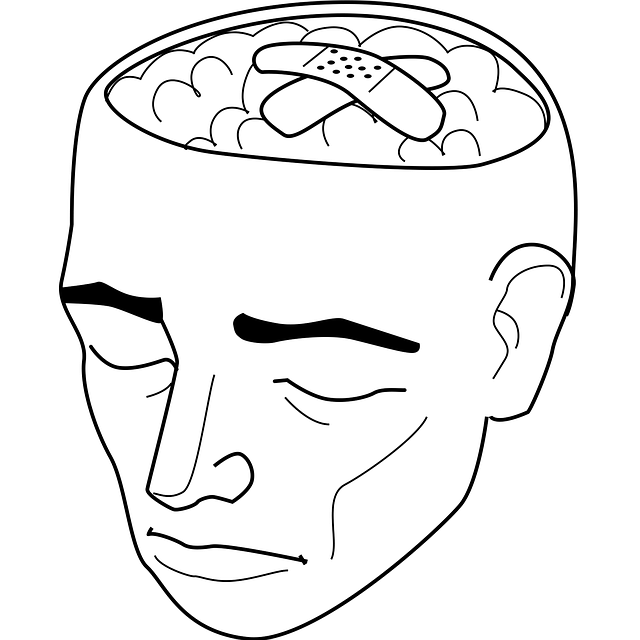Northglenn German Speaking Therapy creates supportive mental wellness communities through safe, culturally sensitive group facilitation. Skilled facilitators guide discussions, activities, and exercises tailored to specific mental health concerns, promoting improved self-esteem, resilience, and burnout prevention for participants and healthcare providers alike. Effective communication, active listening, and empathy-building strategies encourage open dialogue and foster trust, leading to deeper connections and enhanced support networks. The therapy's comprehensive approach includes structured frameworks, interactive activities, personal stories, and crisis intervention guidance, all measured through diverse evaluation methods to ensure positive outcomes.
Mental wellness group facilitation is a powerful tool for promoting healing and connection. This comprehensive guide explores various techniques, from understanding the unique benefits of group therapy to implementing cultural sensitivity, as demonstrated by Northglenn German Speaking Therapy. We delve into effective communication strategies for leaders, creating safe spaces, and evaluating success. Learn how these practices enhance mental wellness outcomes, providing a supportive environment where individuals can thrive.
- Understanding Mental Wellness Groups: Their Role and Benefits
- Northglenn German Speaking Therapy: Cultural Sensitivity in Group Facilitation
- Effective Communication Strategies for Group Leaders
- Techniques to Foster Safe and Inclusive Group Environments
- Measuring Success: Evaluation Methods for Mental Wellness Group Facilitation
Understanding Mental Wellness Groups: Their Role and Benefits

Mental wellness groups play a pivotal role in fostering community and support among individuals facing similar challenges. These group settings offer a safe and non-judgmental environment where members can share their experiences, gain insights from peers, and learn valuable coping mechanisms. At Northglenn German Speaking Therapy, we recognize the power of collective healing. Our experienced facilitators guide participants through discussions, activities, and exercises tailored to address specific mental health concerns.
By engaging in regular group sessions, individuals benefit from enhanced social connections, improved self-esteem, and increased resilience. These groups also serve as a platform for burnout prevention strategies for healthcare providers, who often face high-stress environments at work. Moreover, risk assessment for mental health professionals becomes easier within these settings, allowing for early identification of potential issues and the implementation of effective interventions. Incorporating self-awareness exercises is integral to this process, helping members cultivate understanding and acceptance of their emotions, ultimately fostering a more positive relationship with their mental wellness.
Northglenn German Speaking Therapy: Cultural Sensitivity in Group Facilitation

In the context of Northglenn German Speaking Therapy, cultural sensitivity plays a pivotal role in group facilitation. Recognizing and understanding the diverse backgrounds and experiences within a group setting ensures that every individual feels seen and heard. This is particularly crucial when addressing mental wellness, as cultural nuances can significantly influence how individuals express emotions, cope with stress, and perceive concepts like positive thinking and depression prevention. Facilitators skilled in this area can create a safe space where participants feel comfortable sharing their unique perspectives, fostering open dialogue, and encouraging inner strength development.
By integrating these cultural considerations, Northglenn German Speaking Therapy facilitates more effective group sessions. This approach not only enhances the therapeutic experience but also ensures that the strategies and techniques taught are culturally relevant and adaptable to the diverse needs of the participants. Ultimately, this inclusive practice promotes deeper connections among group members, leading to more meaningful support networks and enhanced mental wellness outcomes.
Effective Communication Strategies for Group Leaders

Effective communication is a cornerstone for successful group facilitation, especially within Northglenn German Speaking Therapy communities. Group leaders play a vital role in creating a safe and supportive environment where every participant feels heard and respected. Utilizing open and transparent dialogue, leaders can encourage active participation by fostering an atmosphere of trust and understanding. This involves actively listening to each member’s perspective, reflecting their feelings, and asking clarifying questions to ensure everyone’s voices are represented.
In the context of mental health support, designing engaging discussions around topics relevant to the group is key. Incorporating Empathy Building Strategies can significantly enhance these sessions. Leaders should model active empathy by demonstrating genuine interest in each individual’s experience, which not only strengthens connections but also promotes a sense of belonging and understanding. Moreover, integrating Mental Health Education Programs Design elements into group facilitations allows for comprehensive coverage of various mental wellness topics, ensuring members gain valuable insights and tools to support their well-being.
Techniques to Foster Safe and Inclusive Group Environments

Creating a safe and inclusive group environment is paramount for effective mental wellness facilitation. Northglenn German Speaking Therapy emphasizes the importance of building trust among members to encourage open communication. Techniques such as active listening, validating emotions, and ensuring confidentiality foster a non-judgmental atmosphere where individuals feel comfortable sharing their experiences and insights. Group leaders should also encourage diverse perspectives, ensuring every voice is heard and respected, thereby promoting a sense of belonging.
In facilitating these spaces, the Mental Wellness Podcast Series Production plays a crucial role in providing structured yet flexible frameworks for discussions. By incorporating interactive activities, sharing personal stories, and offering Crisis Intervention Guidance when needed, group facilitators can enhance participation and engagement. This inclusive approach not only boosts confidence but also equips members with valuable coping strategies, making it an essential component of holistic mental wellness support.
Measuring Success: Evaluation Methods for Mental Wellness Group Facilitation

Measuring success is an integral part of any therapy or coaching program, including mental wellness group facilitation. At Northglenn German Speaking Therapy, we employ a variety of evaluation methods to assess progress and ensure our techniques are effective. These include both quantitative and qualitative approaches, such as surveys, feedback forms, and individual interviews. By collecting data on participants’ self-reported symptoms, mood states, and overall satisfaction, we gain valuable insights into the impact of our group sessions.
Additionally, tracking improvements in areas like self-esteem and inner strength development is crucial. Through regular assessments, we can identify trends and tailor our mental wellness coaching programs accordingly. This data-driven approach not only helps us refine our facilitation techniques but also demonstrates tangible progress over time. Ultimately, successful evaluation methods are key to fostering a supportive environment that enhances participation and promotes positive outcomes for all group members.
Mental wellness group facilitation is a powerful tool, as evidenced by successful initiatives like Northglenn German Speaking Therapy. By understanding the dynamics of these groups, incorporating cultural sensitivity, and utilizing effective communication strategies, leaders can create safe and inclusive environments that foster significant positive outcomes. Measuring success through evaluation methods ensures these programs remain impactful and adaptable to diverse needs. This holistic approach not only benefits individuals within the groups but also contributes to a more supportive and resilient community overall.









